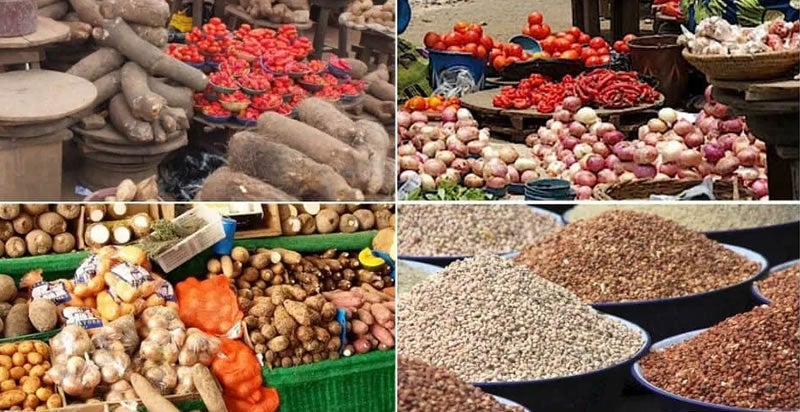
The Federal Government of Nigeria, under President Bola Tinubu, has announced plans to fix the prices of food items as the country faces a looming food crisis. The Minister of Agriculture and Food Security, Abubakar Kyari, revealed this during a press briefing in Abuja. The government aims to implement projects and initiatives to combat the rising cost of food items in the country.
One of the initiatives mentioned by the Minister is the National Agricultural Growth Scheme and AgroPocket (NAGS-AP), through which farmers have been registered for summer farming. Additionally, 120,000 hectares of wheat have been cultivated in Jigawa state under the African Development Bank’s 50% free agriculture scheme. The government plans to farm over 150,000 hectares under the rice, maize, and crops program, with the support of non-profit organizations providing funds to lower prices.
To address rising food prices and shortages, the ministry has also ordered the distribution of 42,000 tonnes of grains to low-income individuals. This move aims to alleviate the challenges faced by the public due to increasing inflation. According to the Nigeria Bureau of Statistics (NBS), the country’s headline inflation rate was 29.90% in January 2024, with food inflation contributing more than 30% to the overall inflation statistics.
The government believes that balancing agriculture and reducing post-harvest losses will increase food production in the country. The Minister emphasized the importance of listing foreign food exports at national borders to prevent illegal migration, stating that exporting food benefits Nigeria only when the government benefits from it.
The current situation highlights the urgency of addressing the food crisis in Nigeria. By implementing measures to fix food prices and increase production, the government aims to mitigate the challenges faced by the population due to rising inflation and food shortages.
